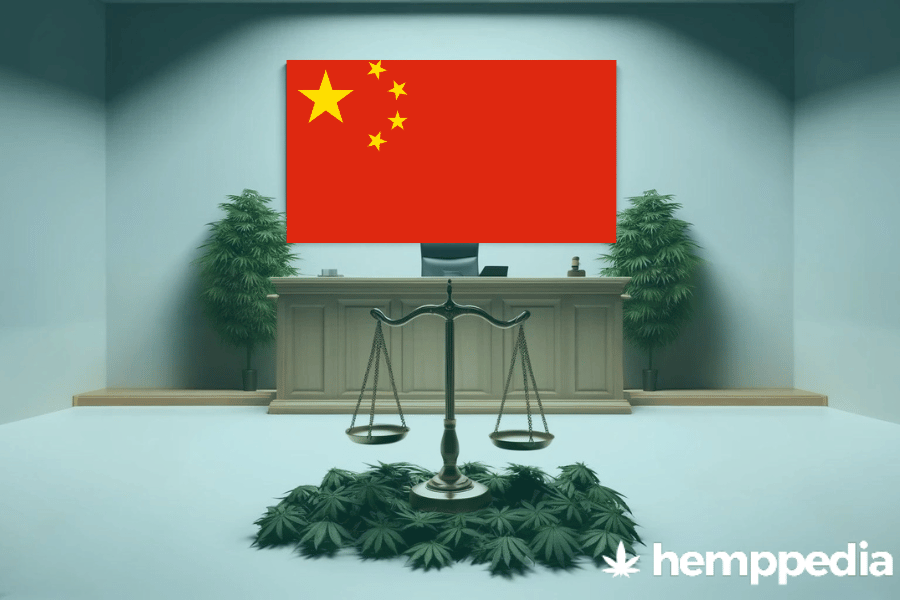TL;DR
The legal status of cannabis in China is strictly regulated, with both CBD and THC defined as narcotics. Any degree of recreational and medicinal use is deemed illegal and carries harsh penalties. This blog post will discuss the legal status of the plant, state-specific laws, historical context, possession and use rules, cultivation and distribution regulations, enforcement and penalties, and the social and economic impact of these laws. It will also present a comparative analysis with other regions and provide insights into its future.
| Recreational Use | Medical Use | |
|---|---|---|
| THC | Illegal | Illegal |
| CBD | Illegal | Illegal |
Introduction
Despite the global trend of decriminalizing or even legalizing cannabis, China maintains a strictly prohibitionist stance towards this plant. Understanding the intricacies of these policies can provide insight into the country’s broader legal and cultural dynamics. Legalization implies that the use, possession, and sale of cannabis are allowed. Decriminalization generally refers to the reduction of penalties associated with the use and possession of cannabis, while medical use refers to the use of cannabis for medicinal purposes under strict supervision and control.
State-Specific Legal Details
Legal Status
In China, both recreational and medicinal use of cannabis is illegal. There are strict penalties for any cannabis possession, use, or distribution, according to China’s criminal law (Article 347).
Historical Context
Cannabis was widely used in ancient China, both as a fiber for textiles and medicinally, but this use diminished over time. By the late 20th century, the societal stigma and government prohibition of cannabis were firmly established. The law has remained strict and unchanged, reinforcing the perception of cannabis as a danger to society.
Possession and Use
Simply possessing cannabis can lead to detention of up to 15 days and a fine, while trafficking and other more serious offenses can result in life imprisonment or even the death penalty, according to China’s Criminal Law.
Cultivation and Distribution
Like possession and use, the cultivation of cannabis is completely prohibited for both commercial and personal purposes. Suddenly, there are strict guidelines and barriers to entry for domestic cultivation, and companies must apply for licenses.
Enforcement and Penalties
Punishment for cannabis-related offenses ranges from administrative to criminal penalties, including death in some cases. Despite the severe penalties, cannabis use is reportedly on the rise, particularly in urban areas.
Medical Cannabis
Despite historical usage, the medicinal use of cannabis is currently not recognized or legal in China.
Social and Economic Impact
China’s strict cannabis laws have significant social and economic impacts, underscored by the country’s rigorous approach to drug enforcement. Particular effects include a negative impact on the life opportunities and wellbeing of individuals charged with possession or trafficking of cannabis.
Comparative Analysis
China stands in stark contrast to several countries in the West and other parts of the world that are liberalizing their cannabis laws. These shifts have sparked vigorous debate about China’s rigid laws and whether they will change in the future.
Future Outlook and Ongoing Debates
At present, cannabis remains a contentious issue in China. The recent rise in cannabis use, particularly in urban areas, may eventually spark a broader debate about current legislation. But for now, no significant shift appears to be on the horizon.
Conclusion
China’s strong prohibition against cannabis deviates from global trends seen in many Western countries. A sharp contrast is evident in the approach taken by the Chinese government and presents a fascinating case study in the varying attitudes and treatments of cannabis around the world. As cultural and societal perspectives continue to shift worldwide, parsing the nuances and developments of China’s still-stringent cannabis laws will offer a significant contribution to this ongoing global conversation.





